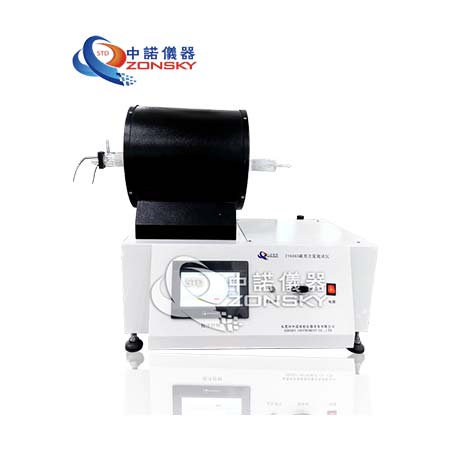The IEC 60811-4-1:2004 standard, published by the International Electrotechnical Commission (IEC), plays a crucial role in the assessment of non-metallic materials used in electric cables. Specifically, this standard focuses on mechanical testing methods for polyethylene and polypropylene compounds, commonly employed in cable insulation and sheathing. In this article, we will explore the key aspects of IEC 60811-4-1:2004, including its scope, significance, and the parameters it addresses.

Scope:
The standard falls under the broader IEC 60811 series, which provides a comprehensive framework for testing insulating and sheathing materials in electric cables. IEC 60811-4-1:2004 concentrates on mechanical tests, emphasizing the assessment of tensile strength and elongation at break for polyethylene and polypropylene compounds.
Tensile Strength:
Tensile strength is a critical mechanical property that characterizes a material's ability to withstand stretching or pulling forces. The standard defines precise procedures for conducting tensile strength tests on specimens of polyethylene and polypropylene compounds. By determining the maximum stress these materials can endure before necking, the standard ensures a standardized method for evaluating their mechanical robustness.
Elongation at Break:
Elongation at break measures the extent to which a material can stretch or deform before reaching its breaking point. IEC 60811-4-1:2004 provides detailed guidelines for conducting elongation at break tests on cable materials. Understanding this parameter is essential for assessing the flexibility and ductility of polyethylene and polypropylene compounds, factors critical to the performance and reliability of electric cables.
Testing Procedures:
The standard outlines specific testing procedures, including sample preparation, test conditions, and equipment requirements. It establishes a consistent and replicable methodology for conducting tests, ensuring that results are comparable across different laboratories and manufacturers. Adherence to these procedures is crucial for obtaining reliable data on the mechanical properties of cable materials.
Significance:
IEC 60811-4-1:2004 holds significant importance in the cable manufacturing industry. Cable materials must meet stringent mechanical performance requirements to ensure the safety and reliability of electrical systems. By providing standardized methods for testing polyethylene and polypropylene compounds, the standard contributes to the quality assurance of electric cables, helping manufacturers produce materials that comply with international benchmarks.
Conclusion:
IEC 60811-4-1:2004 stands as a cornerstone in the realm of cable material testing, specifically addressing the mechanical properties of polyethylene and polypropylene compounds. As the demand for reliable and safe electric cables continues to grow, adherence to international standards such as IEC 60811-4-1:2004 becomes imperative. This standard not only facilitates consistency in testing but also fosters innovation and continual improvement in the development of cable materials, ensuring the resilience and efficiency of electrical systems worldwide.
 WhatsApp:
WhatsApp: Mobile Phone:
Mobile Phone: Contact Now
Contact Now